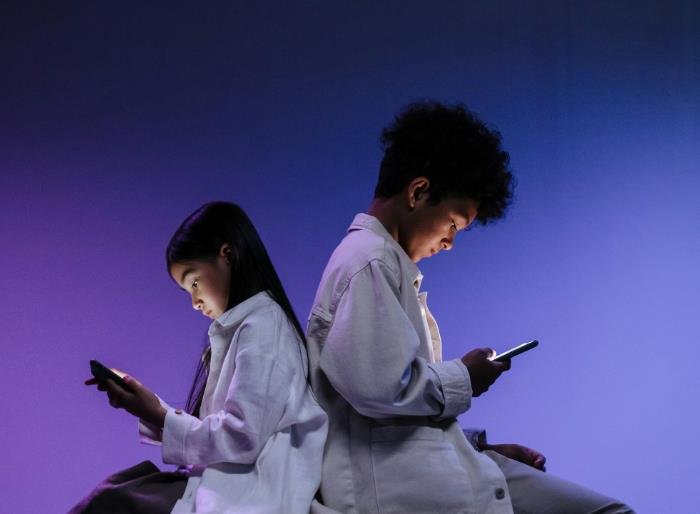Recent studies have highlighted the growing concern of problematic smartphone use (PSU) among teenagers, linking it to higher rates of anxiety, depression, and insomnia. PSU is characterized by behaviors and feelings that resemble addiction, such as feeling panicky when the phone is unavailable and using it to the detriment of other activities. With a significant number of teens reporting PSU, it is crucial to understand its impact on their mental health and well-being. This article delves into the effects of PSU on teenagers and offers insights into how to address this issue.
Problematic smartphone use has been linked to various mental health issues among teenagers. Studies have shown that teens with PSU are twice as likely to experience anxiety and nearly three times as likely to suffer from depression compared to their peers without PSU. The constant need to check their phones and the fear of missing out can lead to heightened stress levels and feelings of inadequacy.

The impact of PSU on mental health is not limited to anxiety and depression. Teens with PSU are also more likely to experience insomnia, as the blue light emitted by screens can disrupt their sleep patterns. This lack of sleep can further exacerbate feelings of anxiety and depression, creating a vicious cycle that is difficult to break. Addressing PSU is essential for improving the overall mental health and well-being of teenagers.
It is important to note that while PSU is associated with these mental health issues, it is not the sole cause. Other factors, such as social pressures and academic stress, also play a role. However, reducing PSU can help alleviate some of the negative effects and improve teens’ mental health.
Social and Academic Impact
The effects of PSU extend beyond mental health, impacting teenagers’ social lives and academic performance. Teens with PSU often find it difficult to control the amount of time they spend on their phones, leading to decreased participation in meaningful activities and face-to-face interactions. This can result in feelings of isolation and loneliness, as they miss out on opportunities to build strong social connections.
Academically, PSU can be detrimental to teens’ performance. The constant distraction of smartphones can make it challenging for them to focus on their studies and complete assignments on time. This can lead to lower grades and increased stress, further contributing to their mental health issues. Encouraging teens to set boundaries around smartphone use can help them regain control and improve their academic performance.
Parents and educators play a crucial role in addressing the social and academic impact of PSU. By fostering open communication and providing support, they can help teens develop healthier smartphone habits and prioritize their well-being.
Strategies for Reducing PSU
Addressing PSU requires a multifaceted approach that involves both teens and their support systems. One effective strategy is to set clear boundaries around smartphone use. This can include designated screen-free times, such as during meals or before bedtime, to encourage teens to engage in other activities and improve their sleep patterns.
Another important aspect is promoting awareness about the negative effects of PSU. Educating teens about the impact of excessive smartphone use on their mental health and well-being can motivate them to make positive changes. Providing resources and support, such as counseling services or digital detox programs, can also be beneficial.
Encouraging teens to find alternative activities that they enjoy can help reduce their reliance on smartphones. Engaging in hobbies, sports, or spending time with friends and family can provide a healthy balance and reduce the urge to constantly check their phones. By creating a supportive environment and promoting healthy habits, parents and educators can help teens overcome PSU and improve their overall well-being.








